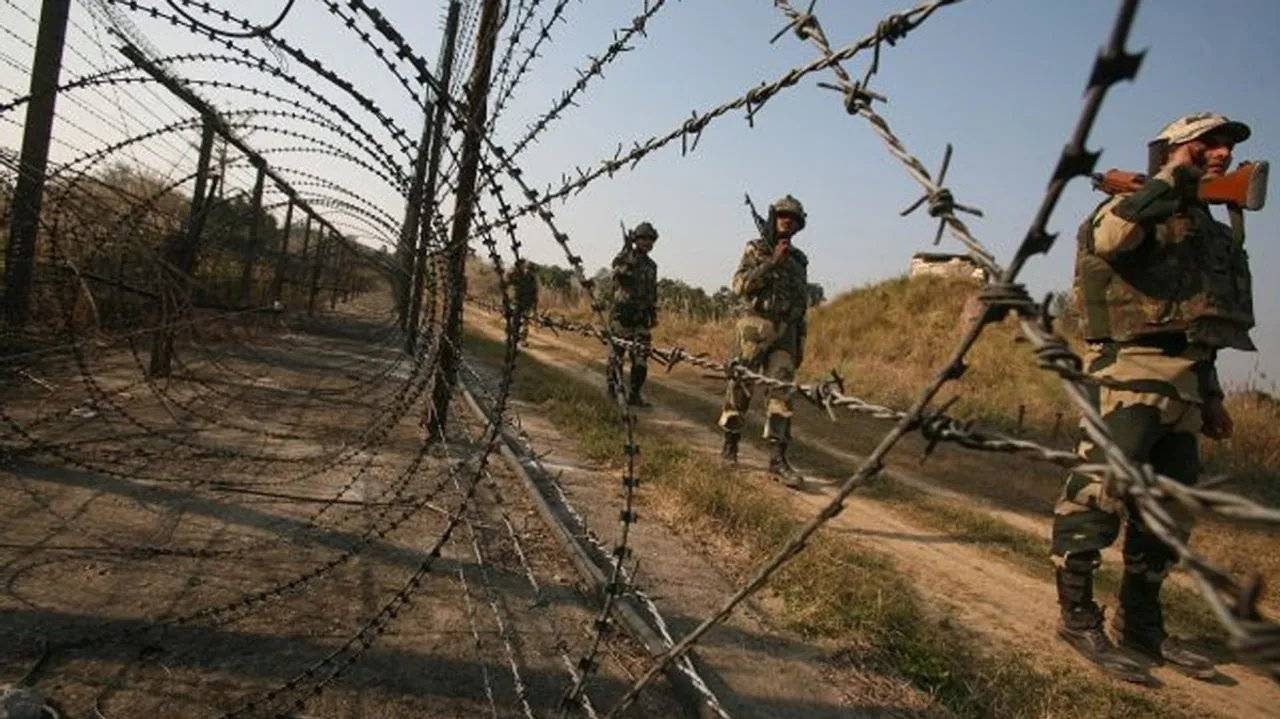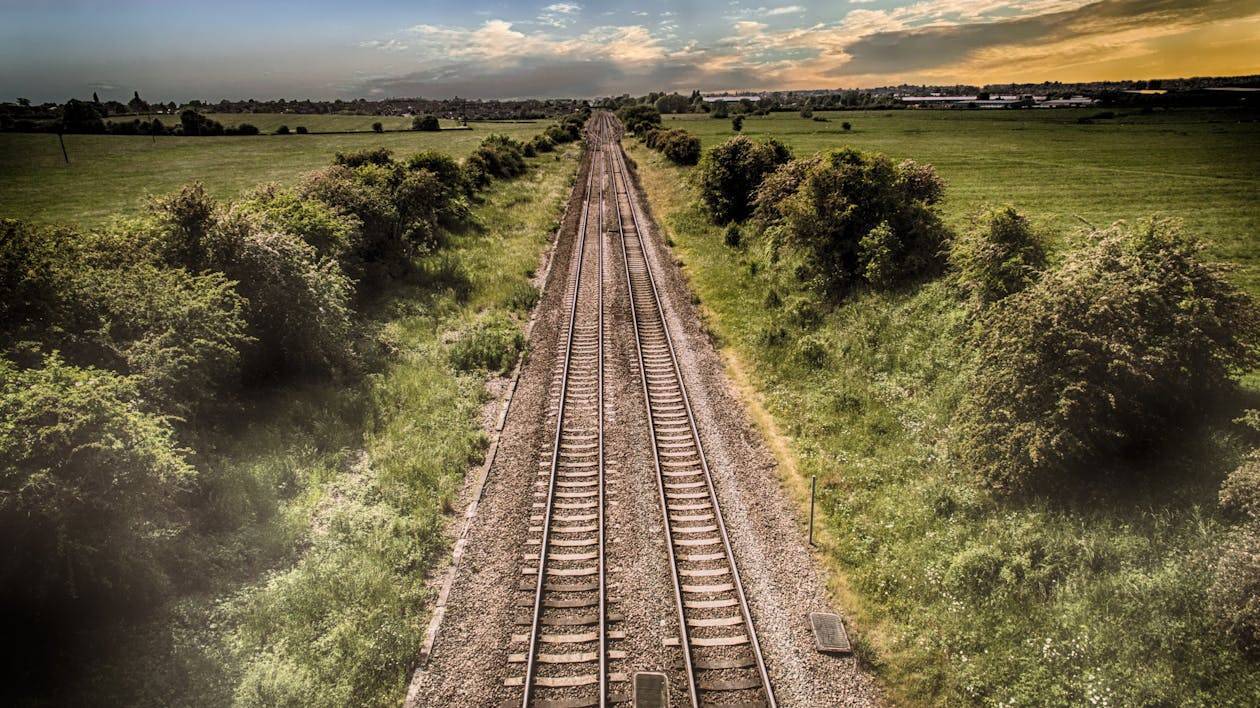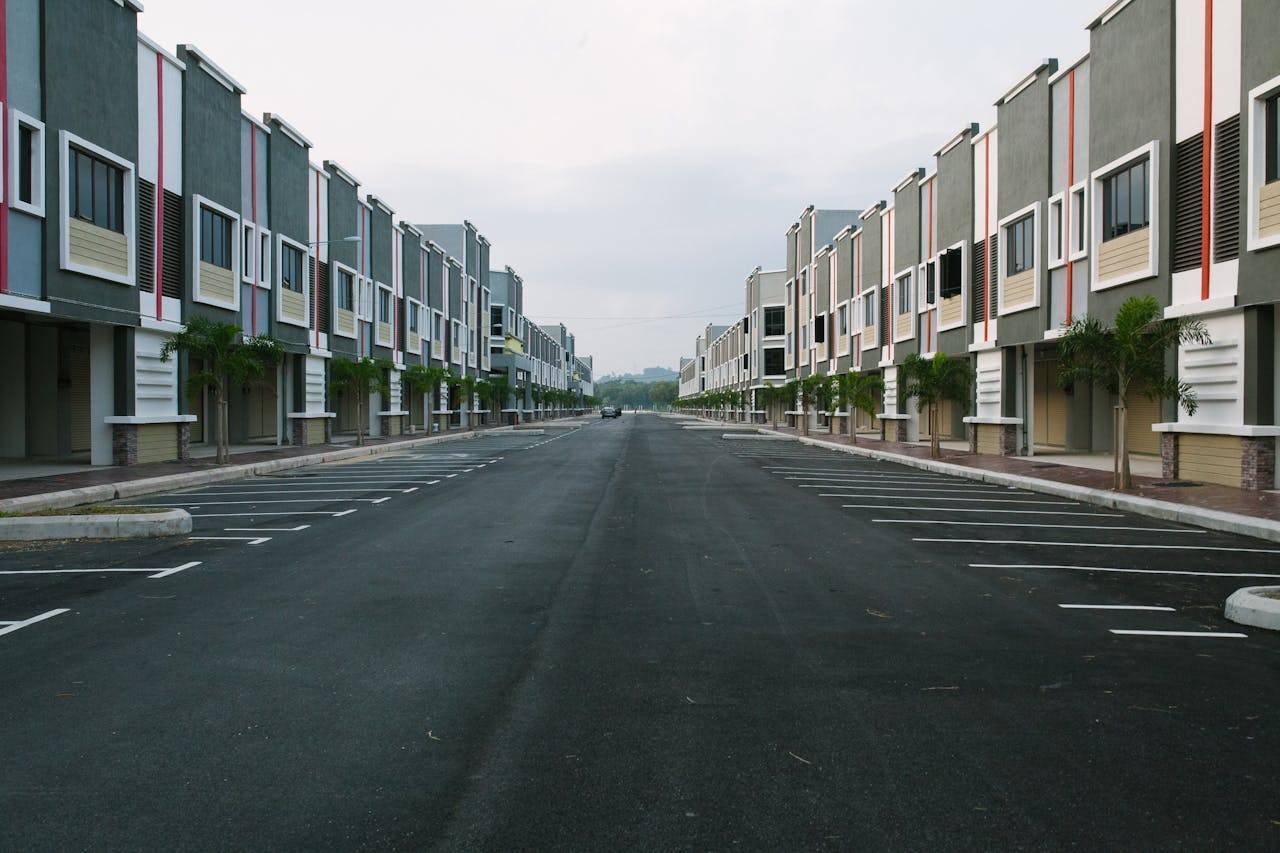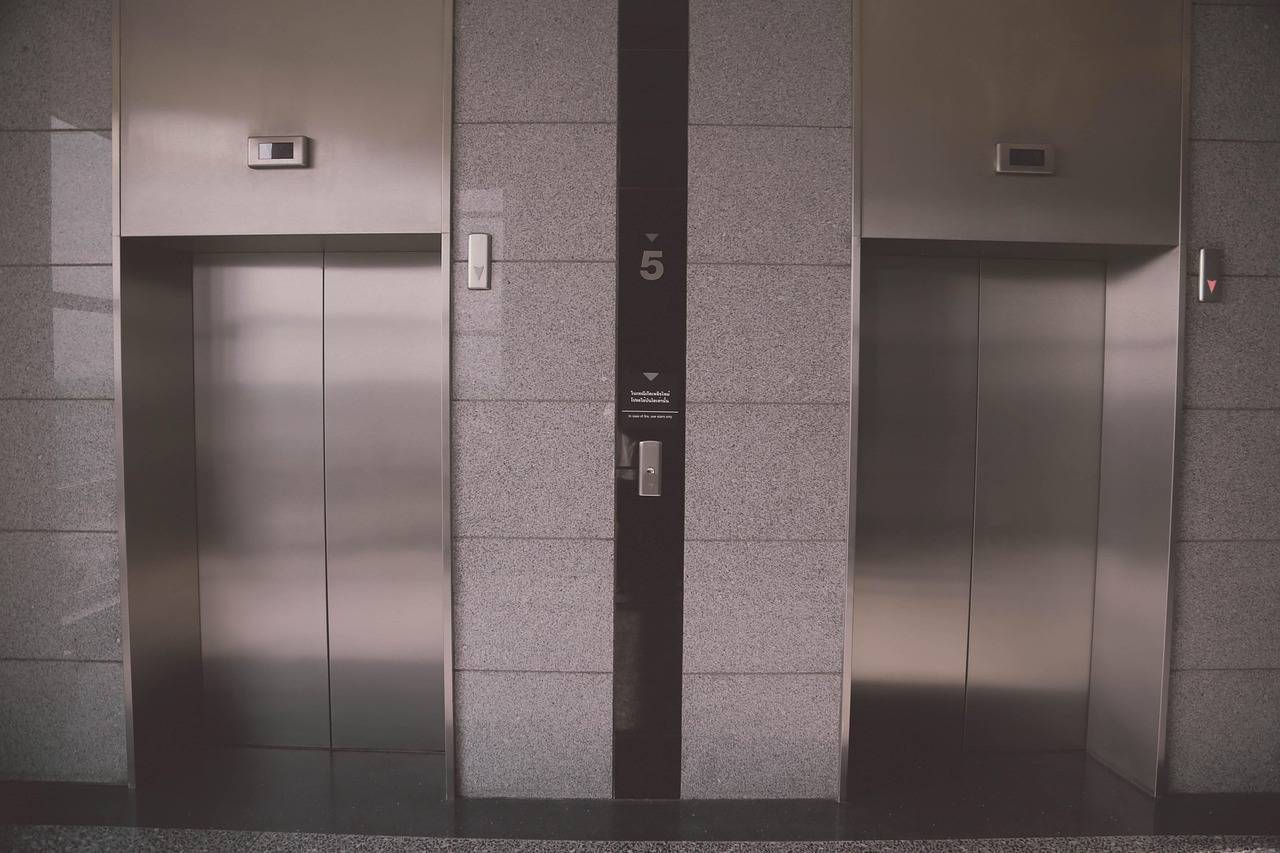In response to the recent surge in Indo-Pak tensions, the Confederation of Real Estate Developers’ Associations of India (CREDAI) has formally written to Prime Minister Narendra Modi, expressing the real estate sector's readiness to support the Government in national infrastructure efforts. The association has committed its technical, logistical, and human resources to assist the Government in constructing military facilities, housing, or other critical infrastructure projects with reduced lead times and enhanced execution capacity.
The proposal comes after the Indian armed forces carried out missile strikes on April 7 on nine terror-related targets in Pakistan and Pakistan-occupied Kashmir (PoK), including major bases of the Jaish-e-Mohammad and Lashkar-e-Taiba outfits. These strikes were a retaliatory measure in response to the April 22 terror attack in Pahalgam, Kashmir, which claimed the lives of multiple security personnel. In this tense geopolitical backdrop, CREDAI has positioned itself as a sectoral partner willing to take on a public infrastructure support role in coordination with Government agencies.
Scope of CREDAI’s Proposal
In its official letter, CREDAI outlined a comprehensive plan designed to deliver swift, coordinated construction support in areas designated by the Government. The proposal is not limited to military infrastructure but also includes temporary and permanent housing, logistics hubs, health facilities, and border infrastructure that may be necessary to meet current or emerging strategic requirements.
According to the communication, CREDAI is prepared to:
- Deploy developers and construction teams at short notice
- Provide modular, terrain-responsive layout designs for rapid rollout
- Coordinate material and equipment supplies across regions
- Form a central registry of skilled personnel and vendors
- Support planning, permitting, and execution phases in collaboration with central and state agencies
Real Estate Sector’s National Footprint and Capabilities
CREDAI represents more than 13,000 developers across 217 city chapters in 21 states. This extensive network, backed by local knowledge and operational infrastructure, enables the organization to quickly mobilize resources in multiple geographies. The association’s leadership emphasized that its members already operate in diverse environments ranging from dense urban centers to remote areas with limited connectivity—making them well-suited for deployment in both conflict-affected and high-priority strategic zones.
The letter emphasized the industry's core strengths in rapid construction, supply chain coordination, and human resource mobilization. CREDAI stated that many of its members have previously executed large-scale housing, township, and infrastructure projects under government schemes like the Pradhan Mantri Awas Yojana (PMAY), Smart Cities Mission, and various state-led development plans. These past experiences could prove valuable in responding to immediate needs without having to create new institutional frameworks.
Key Elements of the Plan of Action
1. Pre-Engineered Designs
To reduce planning delays, CREDAI has committed to providing pre-engineered, modular layouts that can be adapted based on terrain and climatic conditions. These designs would facilitate the fast initiation of work, particularly in regions that require immediate shelter, defense infrastructure, or logistical bases.
2. Nationwide Resource Pool
A database of developers, engineers, architects, construction workers, and planners is being compiled across all CREDAI chapters. This registry will include specific skills, past experience in fast-track projects, availability, and regional proximity. It would serve as a central resource for government bodies to tap into whenever deployment is needed.
3. Vendor Network and Supply Chain Readiness
CREDAI has begun coordination with its preferred vendors and logistics partners to ensure the availability of essential materials such as cement, steel, construction chemicals, pre-cast elements, and specialized equipment. The association also mentioned its ability to create buffer stock systems at key nodal points if required by the Government.
4. Central Task Force
A CREDAI task force is being constituted to coordinate efforts at the national level. This unit will act as a single point of contact for various central ministries, defense and public works departments, and state governments. Its responsibilities will include tracking project progress, resolving bottlenecks, and ensuring compliance with technical specifications and safety codes.
5. Compliance and Integration
The association acknowledged the need to work within the framework of national security protocols and state administrative systems. It is prepared to align with the Ministry of Defence, Ministry of Housing and Urban Affairs, and National Disaster Management Authority, depending on the nature and location of projects.
Significance of Private Sector Participation in Crisis Response
CREDAI’s proactive offer comes at a time when the country’s focus is shifting toward readiness and resilience. While the military and strategic establishments lead the frontline operations, the development of logistics, shelters, and permanent infrastructure often requires additional bandwidth that public agencies may not possess during emergencies. This is where private sector capacity can complement national efforts.
The proposal also sends a message that India's real estate sector is willing to assume a public role beyond commercial development. In past instances, such as the COVID-19 pandemic, CREDAI members had collaborated with health and urban bodies to build quarantine centers and migrant worker shelters on an urgent basis.
While the immediate offer focuses on crisis response and support for national infrastructure, CREDAI’s move is also seen as a strategic repositioning. By demonstrating its sector’s relevance in critical infrastructure development, the association is seeking to establish a long-term role in public-private collaboration for national development. The proposal is also likely to strengthen its engagement with central ministries and state agencies for future projects, including defense housing, rural infrastructure, and emergency shelters.
It remains to be seen how the Government will respond to CREDAI’s proposal. However, given the current geopolitical climate and the evolving needs along India’s borders, the real estate sector’s offer could open the door for a new model of rapid infrastructure deployment involving the private sector. If accepted, the collaboration could become a template for future partnerships between Government bodies and sector-specific organizations for time-sensitive development.
Image source- x.com









.png)